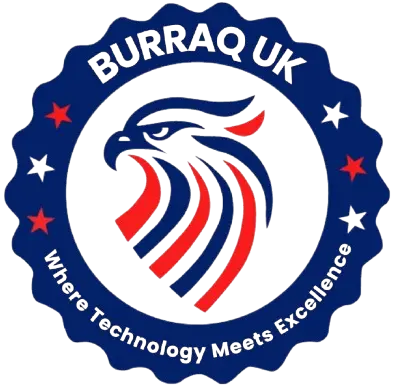ISO 26000 Social Responsibility Lead Implementer
The ISO 26000 Social Responsibility Lead Implementer course provides professionals with the knowledge and skills required to understand, implement, and lead social responsibility initiatives based on the guidance of the ISO 26000 standard.
Unlike traditional management system standards, ISO 26000 offers a comprehensive framework for organizations to operate in a socially responsible way by integrating ethical behavior, respect for stakeholder interests, and sustainable development principles into their strategies and operations.
This course empowers participants to champion social responsibility practices that enhance organizational reputation, foster stakeholder trust, and contribute positively to society and the environment.

Aim of ISO 26000 Social Responsibility Lead Implementer
The aim of the ISO 26000 Social Responsibility Lead Implementer course is to equip participants with the knowledge, skills, and practical tools to lead the integration and implementation of social responsibility principles within organizations in alignment with the ISO 26000 guidance.
This course enables professionals to promote ethical behavior, enhance stakeholder relationships, and drive sustainable development, helping organizations to contribute positively to society and the environment.
Course Overview
ISO 26000 Social Responsibility Lead Implementer
Educational Background (Preferred):
- A diploma, degree, or equivalent qualification in business management, sustainability, corporate social responsibility (CSR), environmental studies, or related fields.
Professional Experience:
- Recommended: At least 1–2 years of experience in roles related to sustainability, CSR, social responsibility, corporate governance, or management systems.
| Course Code | Curriculum Title | Credit | DLH |
|---|---|---|---|
| BUK1973-1 | Introduction to Social Responsibility and ISO 26000 | 3 | 10 |
| BUK1973-2 | Principles of Social Responsibility | 3 | 10 |
| BUK1973-3 | Understanding the Organization and Its Context | 3 | 10 |
| BUK1973-4 | Core Subjects of ISO 26000 | 3 | 10 |
| BUK1973-5 | Integrating Social Responsibility into Organizational Processes | 3 | 10 |
| BUK1973-6 | Leading Social Responsibility Implementation | 3 | 10 |
Module 1: Introduction to Social Responsibility and ISO 26000
- Understanding social responsibility and its importance
- Overview of ISO 26000: scope, purpose, and structure
- Key terms and concepts in social responsibility
Module 2: Principles of Social Responsibility
- Core principles such as accountability, transparency, ethical behavior
- Respect for stakeholder interests
- Sustainability and its role in social responsibility
Module 3: Understanding the Organization and Its Context
- Analyzing organizational context in relation to social responsibility
- Identifying stakeholders and their expectations
- Assessing social responsibility impacts and risks
Module 4: Core Subjects of ISO 26000
- Governance
- Human rights
- Labor practices
- Environment
- Fair operating practices
- Consumer issues
- Community involvement and development
Module 5: Integrating Social Responsibility into Organizational Processes
- Developing social responsibility strategies and policies
- Embedding social responsibility into organizational culture
- Communication and stakeholder engagement
- Measuring and reporting social responsibility performance
Module 6: Leading Social Responsibility Implementation
- Planning and managing social responsibility initiatives
- Tools and techniques for implementation and continual improvement
- Case studies and best practices
- Preparing for external evaluation or reporting
- CSR (Corporate Social Responsibility) Managers and Specialists
- Sustainability Officers or Managers
- Quality Management Professionals
- HR Managers and Directors
- Senior Executives and Department Heads
- Consultants and Auditors
- Nonprofit and NGO Leaders
- Project Managers
- All Modules within this qualification are assessed internally by the approved training Centre and externally verified by BURRAQ UK. The program uses a criterion-referenced assessment approach to ensure that learners successfully meet all required learning outcomes.
- A Pass in any unit is granted only when the learner submits valid, reliable, and authentic evidence that demonstrates achievement of the assessment criteria. The Assessor is responsible for reviewing this evidence and confirming that the learner has attained the expected standard.
